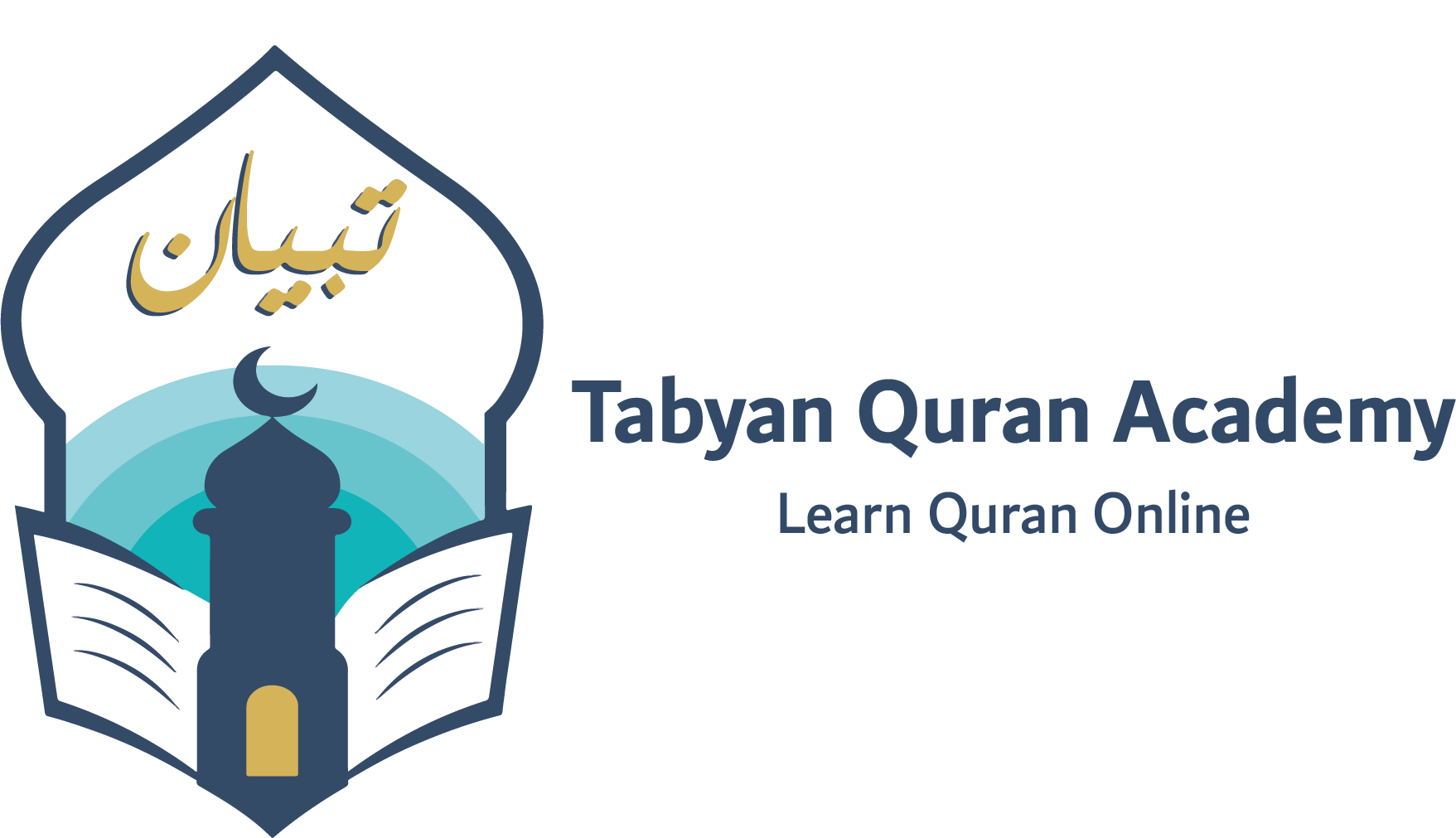Follow us :
Quranic Interpretation
- Home
- Our Courses
- Quranic Interpretation
About This Course
The curriculum emphasizes critical thinking , ethical reasoning , and applying Quranic principles to personal and global challenges. Through live discussions, research projects, and digital resources, learners gain certified expertise to deepen their spiritual connection, academic understanding, and ability to address contemporary issues with Quranic wisdom.
Course Overview
- Duration : 12–16 weeks (flexible pacing options).
- Format :
- Live interactive sessions with certified Islamic scholars.
- Self-paced modules with videos, articles, and classical Tafsir texts.
- Research projects and group discussions.
- Outcome : Earn a certification and gain skills in Quranic analysis, ethical reasoning, and contextual application.
Curriculum
Key Topics :
- Definition and importance of Tafsir.
- Types of Tafsir (e.g., tafsir bi-al-ra’y , tafsir bi-al-ma’tur ).
- Ethical responsibilities of a Tafsir scholar.
Key Topics :
- Core Commentaries :
- Al-Tabari (Jami’ al-Bayan ).
- Ibn Kathir (Tafsir al-Qur’an al-‘Adhim ).
- Al-Razi (Mafatih al-Ghayb ).
- Methodologies : Historical context, linguistic analysis, and theological principles.
Learning Outcomes :
- Analyze classical commentaries to extract theological and ethical insights.
- Compare scholarly interpretations across different eras.
Key Topics :
- Historical Context :
- Revelation chronology (Makkan vs. Madinan surahs).
- Stories of the Prophets and Quranic events.
- Thematic Exploration :
- Core themes: faith, justice, morality, creation, and the Hereafter.
- Surah-by-Surah analysis (e.g., Al-Baqarah , Yasin , Al-Fatiha ).
Learning Outcomes :
- Link verses to their historical setting and universal relevance.
- Identify recurring themes and their significance.
Key Topics :
- Arabic grammar, rhetoric (balagha ), and word meanings.
- Nuances of Quranic vocabulary (e.g., tawhid , adl , rahmah ).
- Stylistic devices (e.g., metaphor, repetition, and irony).
Learning Outcomes :
- Decode linguistic subtleties to grasp deeper meanings.
- Apply grammatical rules to interpret complex verses.
Key Topics :
- Contemporary methodologies (e.g., feminist, environmental, and contextual Tafsir).
- Engaging with modern scholars like Fazlur Rahman and Amina Wadud.
- Addressing modern challenges through Quranic principles (e.g., justice, climate change).
Learning Outcomes :
- Critically evaluate modern Tafsir frameworks.
- Apply Quranic ethics to contemporary issues.
Key Topics :
- Research Project : Analyze a selected surah or verse using classical and modern Tafsir.
- Ethical Reasoning : Extract Sharia principles for personal and communal life.
- Discussion Forums : Debates on topics like Quranic justice or environmental stewardship.
Learning Outcomes :
- Synthesize knowledge into coherent Tafsir analyses.
- Develop confidence in addressing real-world issues through Quranic insights.

explore the Quran’s profound meanings through classical scholarship and modern critical analysis . Led by certified Islamic scholars , the course delves into the historical context, linguistic nuances, and ethical teachings of the Quran, empowering students to connect sacred text with contemporary challenges.
Preview This Course
This Course Include
- Classical Tafsir Sources
- Modern Tafsir Methods
- Historical Context
- Linguistic Analysis
- Research & Certification
- Surah-by-Surah Breakdown
Course FAQ
we help learners with tools to analyze the Quran’s meanings through classical scholarship ( Ibn Kathir, Al-Tabari) and modern critical methods .
What does the Quranic Interpretation (Tafsir) Course cover?
The course explores the Quran’s meanings through classical commentaries (Ibn Kathir, Al-Tabari) and modern critical analysis . Topics include historical context, linguistic nuances, and themes like justice, faith, and ethics. Learners analyze Surah-by-Surah breakdowns, extract ethical principles, and apply Quranic wisdom to contemporary challenges.
What are the prerequisites?
Basic Quran familiarity (reading Arabic or understanding translations) and foundational Islamic knowledge (e.g., ‘Aqeedah , Prophet’s life). No prior Tafsir expertise is required—classical and modern methods are taught from scratch. Arabic proficiency is helpful but not mandatory.
Who is this course for?
Ideal for:
Students of Islamic Studies seeking academic rigor. Spiritual seekers deepening their faith through Quranic wisdom. Community leaders wanting to teach or lead ethically with Tafsir insights.
Students of Islamic Studies seeking academic rigor. Spiritual seekers deepening their faith through Quranic wisdom. Community leaders wanting to teach or lead ethically with Tafsir insights.
How is the course structured?
The course combines:
-- Live sessions with certified scholars.
-- Self-paced modules (videos, articles, classical texts).
-- Research projects and group discussions on topics like justice or environmental ethics.
-- Live sessions with certified scholars.
-- Self-paced modules (videos, articles, classical texts).
-- Research projects and group discussions on topics like justice or environmental ethics.
Do I earn a certification?
Yes! Completing assignments, discussions, and a final research project grants a certification validating your Tafsir expertise. This is perfect for academic or career advancement in Islamic studies.
How can I apply what I learn?
The course teaches ethical reasoning to address modern issues (e.g., justice, climate change) through Quranic principles. You’ll gain skills to lead prayers, teach others, or engage in community advocacy with Quranic wisdom.
